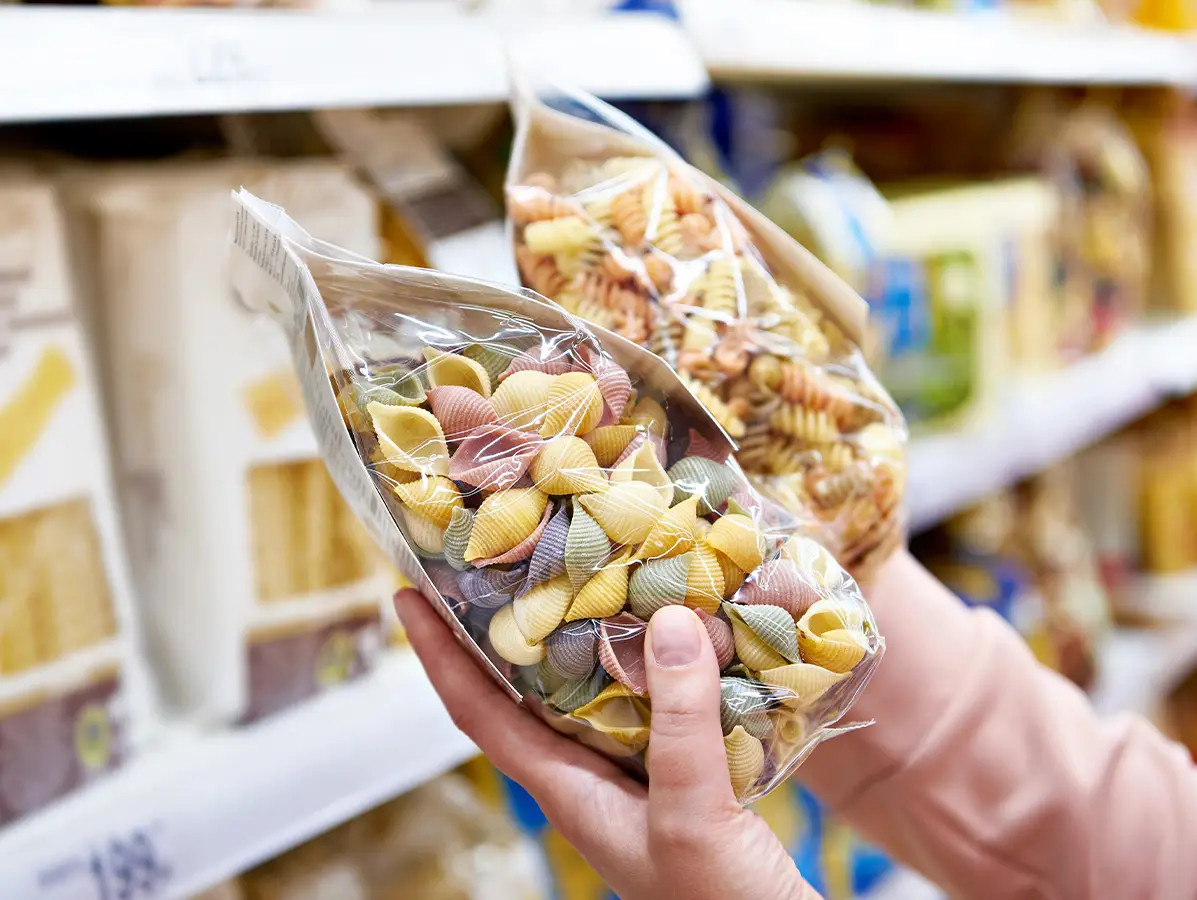
Nearly three in ten Dutch consumers (29%) say they often or always make a conscious choice for more sustainable food products. Another 55% do so occasionally. Women and people with higher education levels are more likely to opt for these products. At the same time, 43% of consumers believe choosing sustainable options makes little difference for the environment. Younger people and those with higher education tend to believe in a more positive impact. Under 30? Then you’re more likely to see sustainable food as worthwhile than someone over 50.
Defining what counts as ‘sustainable’ is far from straightforward. For 54% of Dutch consumers, it means organically produced goods. Others think of seasonal products (48%) or more sustainable packaging (46%). For 57%, origin also plays a role: the more local, the better. But trust in sustainability labels remains limited. Only 34% say they trust such labels. Among young people that rises to 46%, while among over-50s it drops to 28%. And 85% admit they sometimes doubt the truth of sustainability claims on packaging.
Environmental and health concerns are the main reasons for choosing sustainable products. For 37%, the absence of artificial additives plays a role, while 36% value higher quality. Still, the wallet has the final say. Over half (53%) are more likely to buy sustainably if there’s a discount. For 74%, price is precisely the reason to go for the less sustainable option. Habit (32%) and doubt about whether a product is truly more sustainable (26%) also influence decisions. And 22% say they simply don’t see a good sustainable alternative.
“A future switch to QR codes on packaging offers a unique opportunity to inform consumers better about sustainability and product origin,” says Randy Jagt, Future of Food lead at Deloitte.
Source: Deloitte